As men cross the age of 50, it becomes increasingly important to focus on health, particularly in the realm of cancer screenings. Colon cancer, often silent in its early stages, can be effectively combated through proactive screening. The thought of a colonoscopy might bring discomfort and hesitation, yet it stands as a critical tool for early cancer detection. This guide aims to demystify colonoscopies, emphasizing their importance in maintaining good health. Understanding the procedure, its necessity, and overcoming any apprehensions can lead to better health outcomes and potentially save lives.
Understanding Colonoscopy
A colonoscopy is more than just a medical procedure; it’s a life-saving diagnostic tool. During the process, a long, flexible tube with a camera at the end (colonoscope) is inserted through the rectum to closely examine the colon. It allows doctors to spot any abnormalities like polyps or growths that might be precursors to cancer. This procedure also enables doctors to take tissue samples for further analysis. It’s an outpatient procedure, typically requiring some preparation a day before, including dietary restrictions and colon cleansing.
Why Men Over 50 Should Care
For men over 50, the risk of colon cancer escalates, making screenings crucial. Those with a family history of colon cancer should be particularly vigilant, as their risk is even higher. The American Cancer Society suggests that men with average risk begin screening at 50, but those with a family history or other risk factors might need to start earlier. Regular screenings can not only detect cancer early but also prevent it by identifying and removing precursors like polyps. Staying informed and proactive about these screenings can significantly impact long-term health.
The Risks of Avoiding Colonoscopy
Neglecting colonoscopy screenings can have dire consequences. Colon cancer, often asymptomatic in early stages, can progress unnoticed and become more challenging to treat effectively. Without regular screenings, opportunities for early intervention are missed, reducing the chances of successful treatment. Colon cancer is among the most preventable cancers, yet it requires individuals to participate actively in screening processes. By undergoing regular colonoscopies, the possibility of detecting and treating colon cancer early significantly increases, often leading to a higher survival rate and better overall prognosis.
Confronting Fears and Misconceptions
The idea of a colonoscopy can be daunting for many men. Common fears include discomfort during the procedure and concerns about dignity. However, advancements in medical technology have made colonoscopies more comfortable than ever. Patients are typically given sedatives, ensuring they feel little to no discomfort. The procedure is done in a private, controlled environment, maintaining the dignity and privacy of the patient. Understanding these aspects can help alleviate fears and encourage more men to undergo this life-saving screening.
Alternatives to Traditional Colonoscopy
Understanding that some may find a traditional colonoscopy daunting, medical science offers alternatives:
- Stool Tests: Tests like the ColoGuard provide a non-invasive way to screen for colon cancer. A stool sample is collected at home and sent to a lab for DNA and blood markers of cancer.
- Virtual Colonoscopy: This method uses CT technology to create detailed images of the colon and rectum. While less invasive, it might not be as thorough as a traditional colonoscopy and can still require bowel preparation.
Why Traditional Colonoscopy is Preferred
Despite these alternatives, traditional colonoscopy remains the most comprehensive method for detecting colon cancer. It allows for direct visualization of the entire colon and the ability to remove polyps or take biopsies during the procedure. While the alternatives can be useful for certain individuals, they may not be suitable for everyone. It’s important to discuss with your healthcare provider which method is best for your specific health needs and risks.
Overcoming Misconceptions
Many misconceptions about colon cancer and colonoscopy exist. Some believe that if there are no symptoms, screening isn’t necessary. Others fear the procedure itself more than the potential diagnosis. However, colon cancer often has no symptoms until it’s in an advanced stage, and by then, treatment options may be more limited. Early detection through screening is key to successful treatment, and the procedure is generally not painful due to sedation.
Taking Action
If you are a man over 50 or have a high risk of colon cancer, it’s time to talk to your doctor about screening options. Book your appointment here. Early detection can make a significant difference in treatment success and survival rates. Don’t delay in taking this important step towards safeguarding your health. Your doctor can provide guidance on the best screening schedule and method based on your individual risk factors and health history.
Conclusion
In conclusion, colon cancer is a significant health risk for men over 50, but it is one that can be effectively managed with early detection through regular screenings. Understanding the importance of a colonoscopy, addressing fears, and exploring available options can empower men to take charge of their health. Remember, prevention and early detection are key components of successfully managing colon health. Don’t let misconceptions or apprehensions stand in your way; take the initiative for your health and well-being.
Resources
- “How Often Should You Have a Colonoscopy?” Healthline, healthline.com/health/how-often-should-you-have-a-colonoscopy.
- “Does Everybody Over Age 50 Really Need a Colonoscopy?” Healthline, healthline.com/health/colonoscopy-over-age-50.
- “Colonoscopy – Why It’s Done.” Mayo Clinic, mayoclinic.org/tests-procedures/colonoscopy/about/pac-20393569.
**This content is for informational purposes only and is not intended as medical advice. Please consult with a healthcare professional before starting any treatment. Individual results may vary based on health conditions and other factors.

